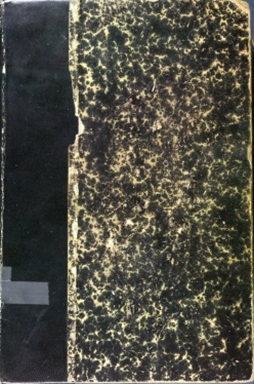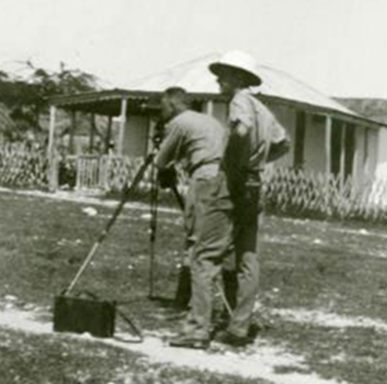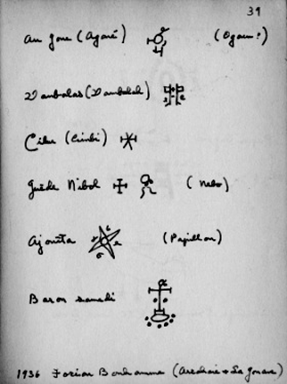"The Magic Island" by the Island Luminous Editorial Board
The Marine occupation in Haiti renewed American interest in cultures that were seen as exotic. Eager make money on the time they spent in Haiti, American servicemen, like John Houston Craige and Faustin Wirkus, wrote books about the island and its inhabitants. These books were to entertain other Americans. Hence they were sensationalist in nature. Craige told stories about witches, cannibals, and possession. In Black Bagdad (1933), he retells how he lost his mind in Haiti when he was bewitched. "In my lucid moments, I would stand aside," he wrote. "Strange currents of horror and foreboding would sweep over me. My intellect would toss and rock." Craige claimed that he went mad. "I would find myself gazing wide-eyed into the lewd, green jaws of insanity… I would wrestle for my soul through the mad, red dreams of delirium." His comrades said, "The tropics have got him."
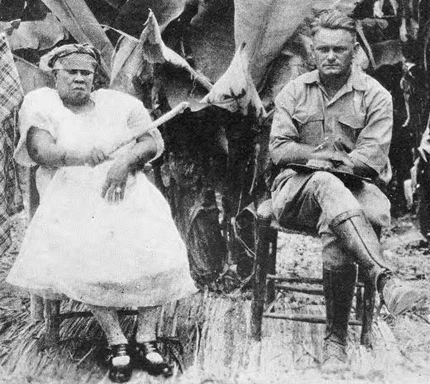
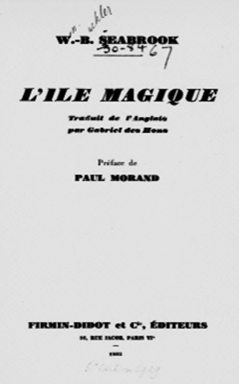
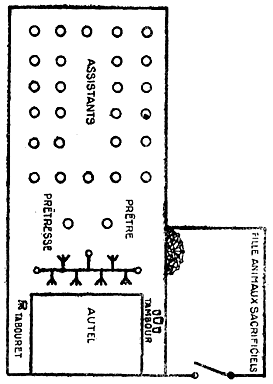
Also American travelers like Blair Niles and William Seabrook wrote books in which they misrepresented Haitian culture. In his book, The Magic Island (1929), Seabrook talked about his own "blood baptism" in a temple in Haiti. He described the temple in detail and even drew a blueprint. "Through its outer door," he recalled, "we entered a dim, windowless, cell-like anteroom in which were tethered the sacrificial beasts." Further into the temple, Seabrook wrote, "we passed through an open doorway into the long rectangular mystery room, the temple proper, which was lighted with candles and primitive oil lamps that flickered like torches. Its clay walls were elaborately painted with crude serpent symbols and anthropomorphic figures."
Even though Black Bagdad and The Magic Island were written to entertain, these books had a terrible impact on Haiti. Craige, Seabrook, and Niles misled Americans to believe that Haitians were primitive people. In Black Haiti (1926), Niles said that in Haiti "it is no longer the year 1925. It is the sixth day of creation." She wrote that "under the high moon, we watched the creatures of creation dance." According to Niles primitive people like the Haitians cannot govern themselves. The Haitian elite, she claimed, "desire—hopelessly—to demonstrate only Anglo-Saxon virtues; hopelessly, because race virtues are acquired through the slow process of evolution, and may not be put on at will." She thus concluded that it is "not possible overnight to assume the very imperfect degree of self government to which we have attained." Books like Black Haiti deployed Social Darwinism to rationalize the United States occupation. They also promoted derogatory stereotypes that still endure today.
